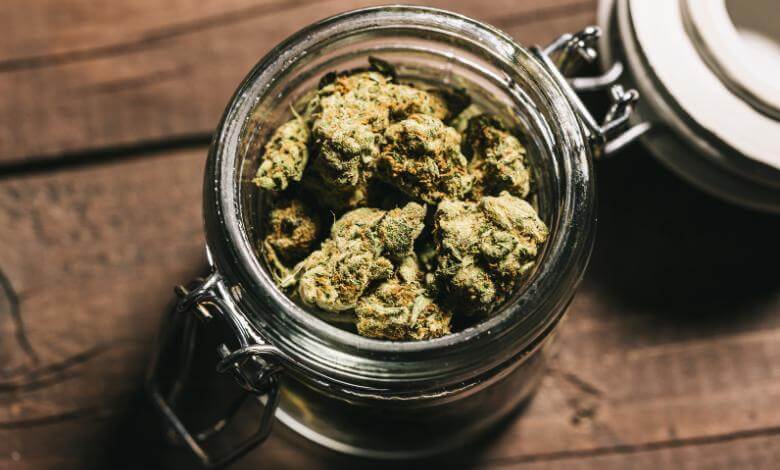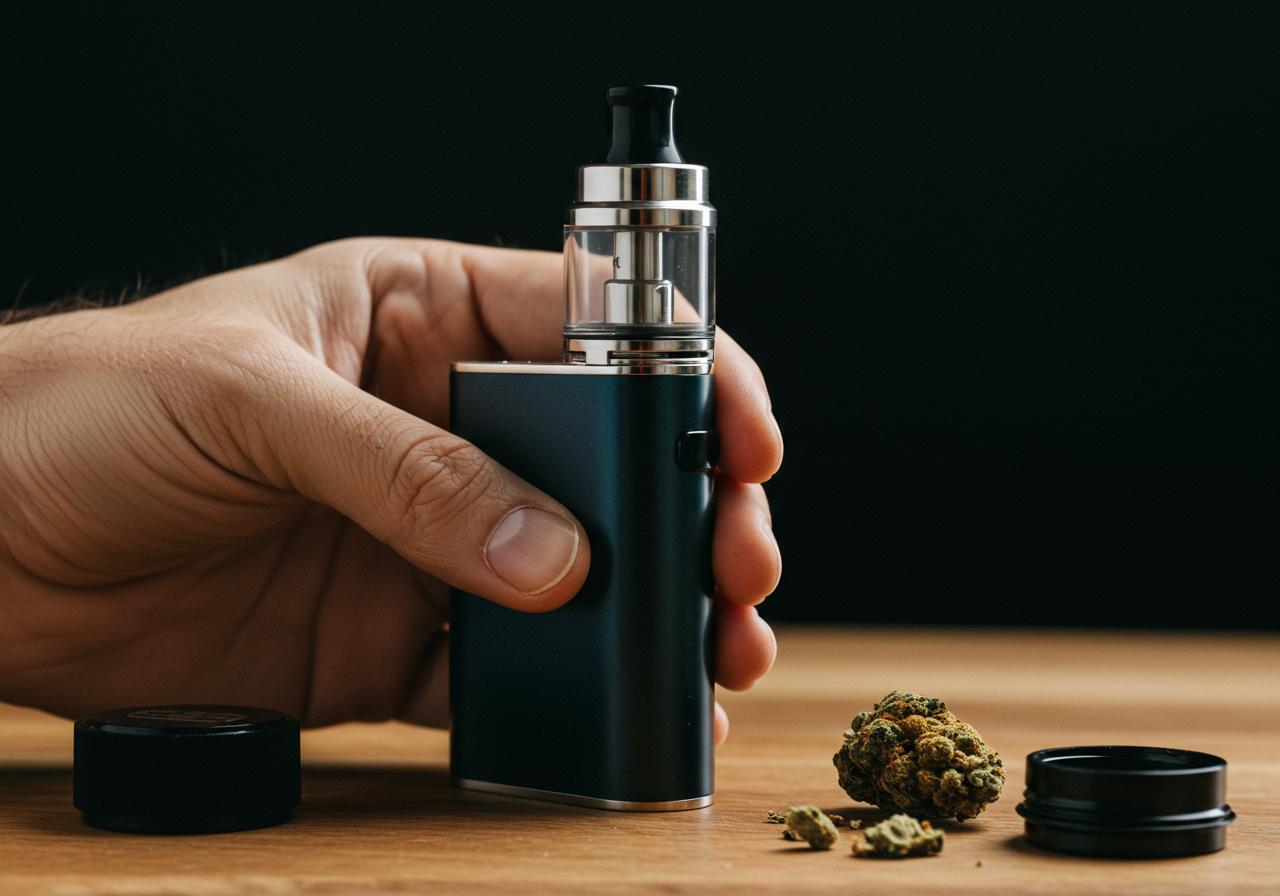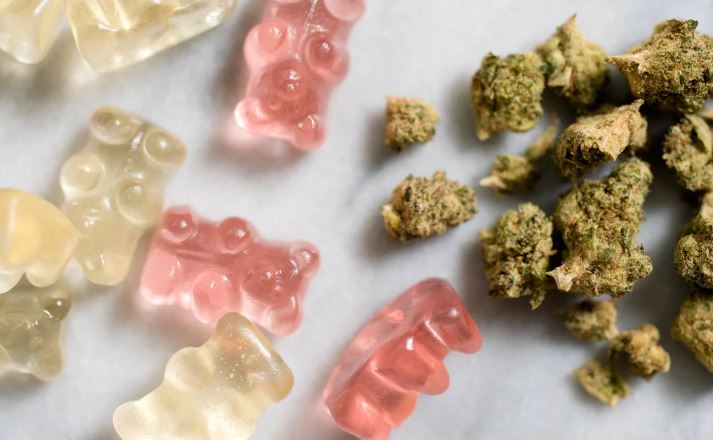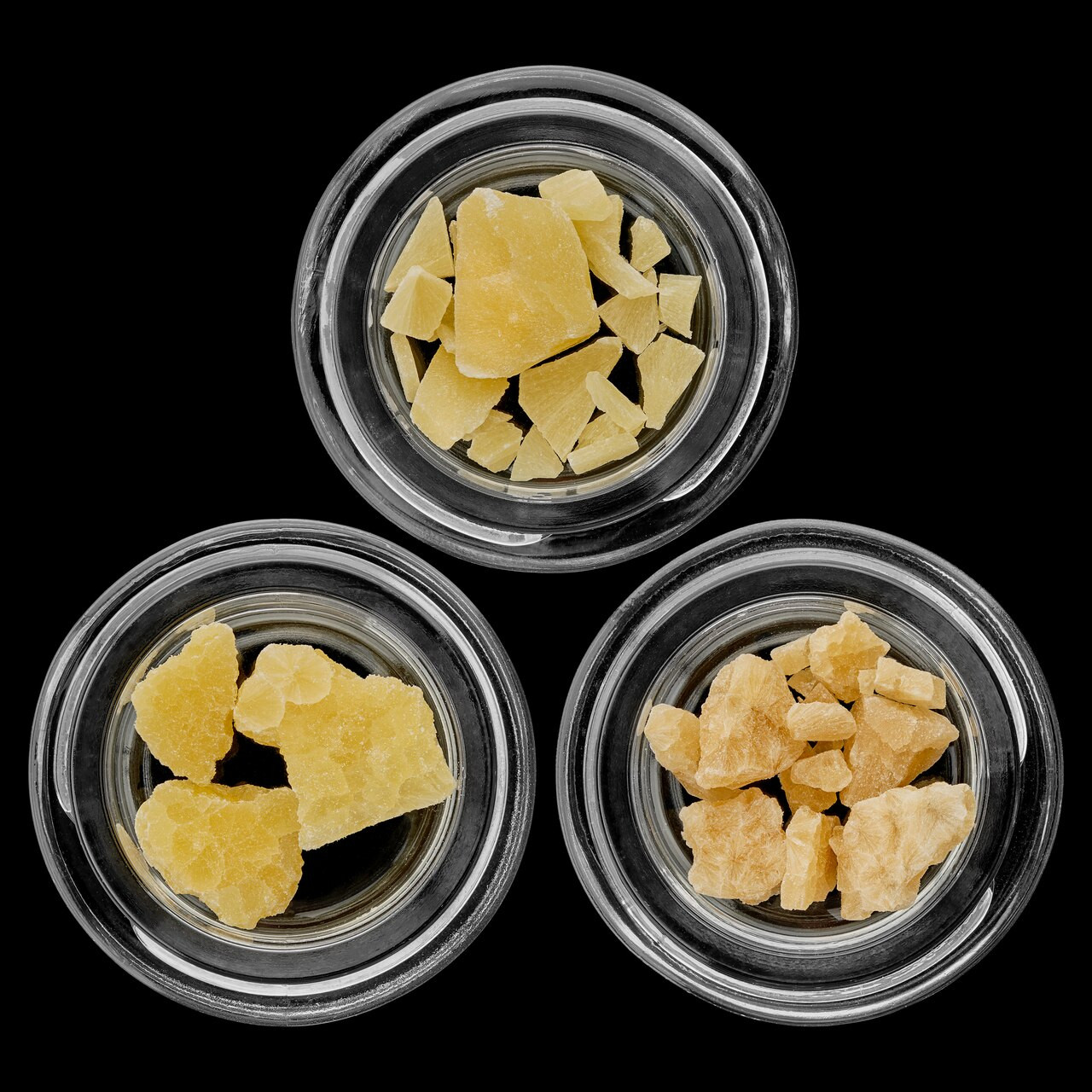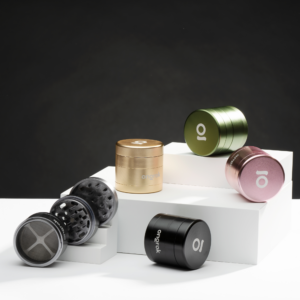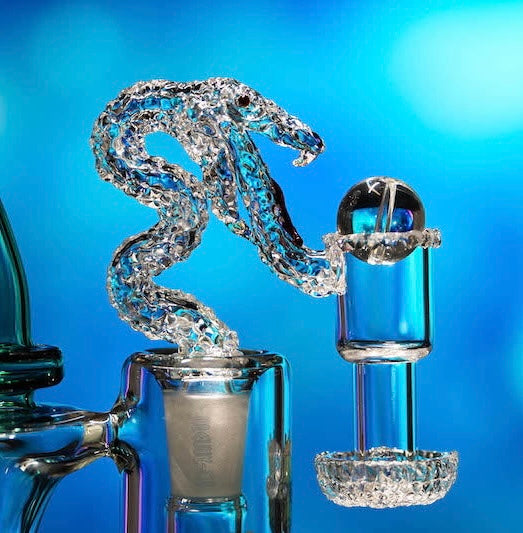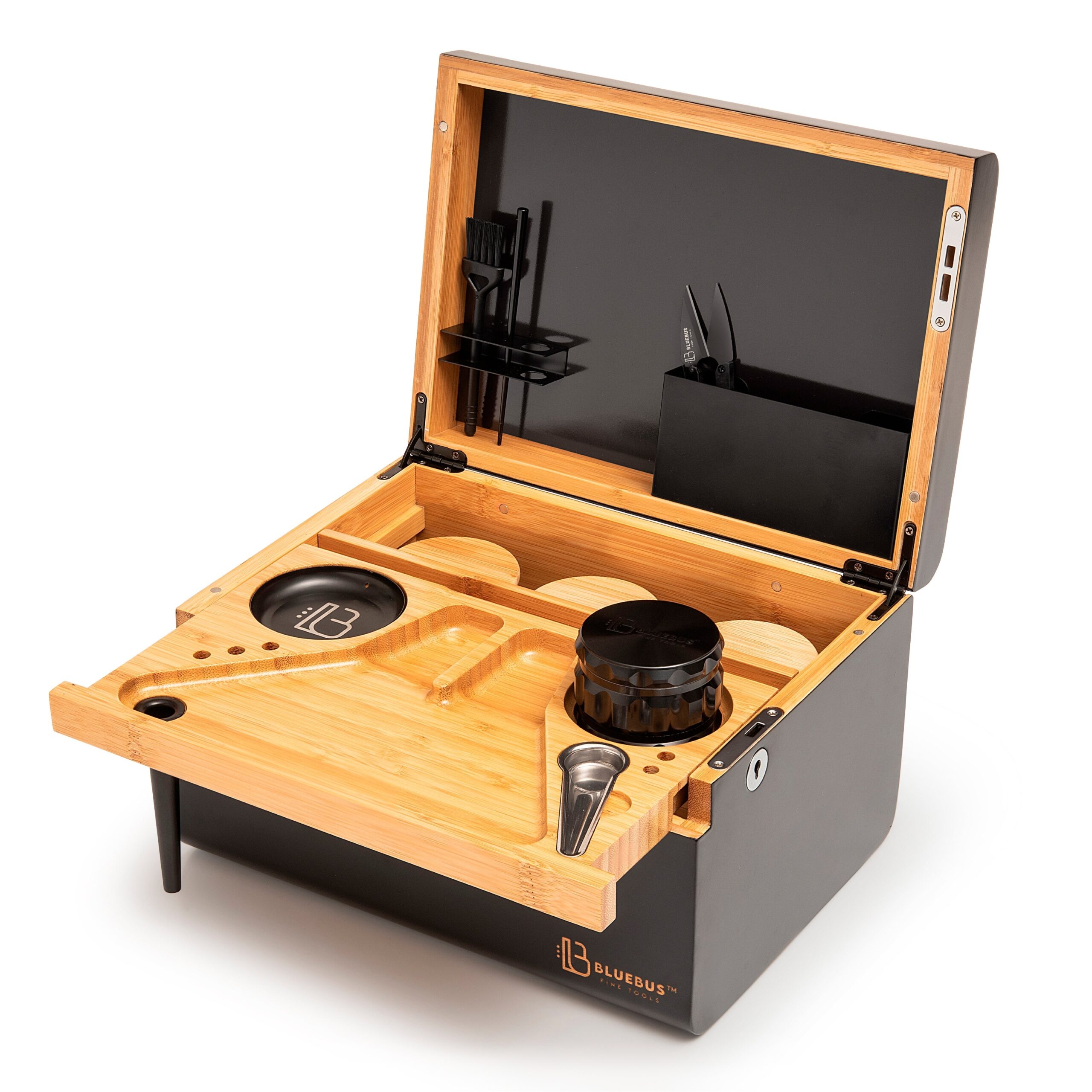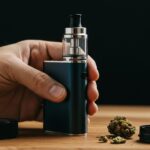Do Weed Gummies Show Up on Drug Tests? What You Need to Know
Published on August 2, 2025
Last Updated on January 6, 2026
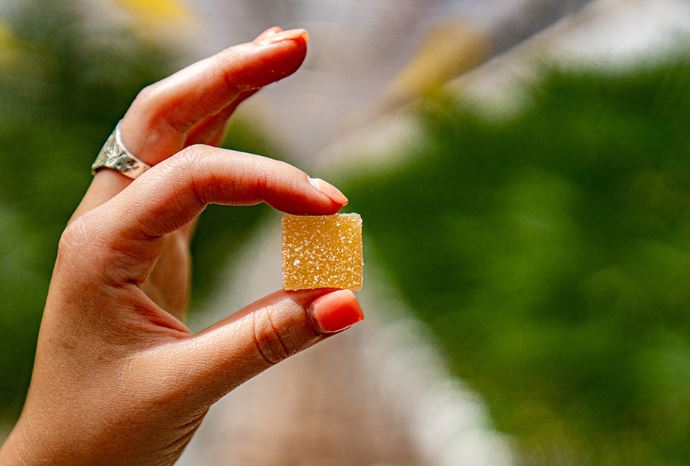
You tried a weed gummy—or maybe you’re just standing there holding one, wondering if it’s worth the risk. And then you remember: you’ve got a job screening next week. Cue the side-eye.
Gummies might feel like a lighter, more innocent version of cannabis use. No smoke. No smell. Just a chewy treat. But your body doesn’t care if the THC came from a bong, a brownie, or a blue raspberry gummy bear.
If you’re wondering whether that discreet edible might raise a red flag on a drug test, the short answer is yes—it very well might. But the long answer is worth understanding.
How Weed Gummies Work in Your Body
Let’s start with how your system processes a THC edible.
When you eat a weed gummy, the active compound (usually Delta-9 THC) is absorbed through the digestive tract, then processed by the liver. There, it transforms into 11-hydroxy-THC—a metabolite that’s stronger and longer-lasting than the version your body produces when smoking cannabis.
That’s why the high from a THC gummy often sneaks up slowly but lasts much longer.
But here’s the part that matters for drug screening: those metabolites—including 11-nor-9-carboxy-THC, the big one testers look for—don’t just vanish once the high fades. They get stored in your fat cells and slowly leak back out over time, like leftovers in a Tupperware that keeps reheating itself.
Types of Drug Tests and What They Look For
Different tests, different detection windows. Here’s what you might encounter:
- Urine test (the classic): This one’s the most common in workplace drug testing. It doesn’t look for THC itself—it checks for THC metabolites that linger long after the buzz is gone.
- Saliva test: Less invasive, detects recent cannabis use—usually within the last 24 to 72 hours.
- Blood test: Rare unless you’re in a DUI or accident situation. It detects active THC, not stored metabolites.
- Hair test: The long-haul detective. It can flag use up to 90 days later, but it’s more expensive and less common.
Each test has its quirks. But they all speak one language when it comes to cannabis: metabolite detection.
Do Weed Gummies Show Up?
Yes. If there’s THC in the gummy, it will show up.
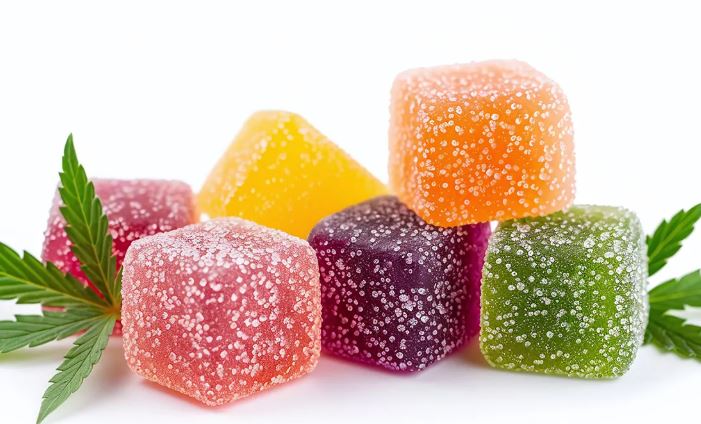
Whether you smoked a joint, hit a vape, or nibbled on a THC-infused gummy, your body converts the compound into the same family of metabolites.
Even some products that look innocent—like certain CBD gummies—can cause issues if they’re made with full-spectrum hemp extract. Why? Because full-spectrum products may include trace amounts of Delta-9 THC—just enough to trigger a positive test result in some cases.
The key is to read the label. If it says:
- Full-spectrum → may contain THC
- Broad-spectrum → THC removed
- CBD isolate → pure CBD only
Still, labeling isn’t always perfect. Mislabeling and cross-contamination happen more than most people realize—especially in poorly regulated markets.
How Long Do THC Edibles Stay Detectable?
The short version? It depends.
- Occasional users:
- Urine test: 1–3 days
- Saliva test: up to 24–48 hours
- Frequent users:
- Urine test: 10–30+ days
- Saliva: 1–3 days
- Hair test: potentially 90 days
- Blood test: up to 1–2 days
Several factors influence detection time:
- How much THC was in the gummy
- How often you consume cannabis edibles
- Your body fat percentage
- Hydration and metabolism
- The form of THC (e.g., Delta-8, Delta-9, THCA)
So yes, that one little THC gummy can stick around for longer than you’d expect—especially if your metabolism is more tortoise than hare.
What About CBD Gummies?
CBD sounds like the safe zone, and often it is—but not always.
CBD isolate gummies contain no THC and shouldn’t trigger a positive test. Broad-spectrum CBD is also designed to be THC-free. But full-spectrum CBD gummies may carry trace THC—even if they say they comply with the legal 0.3% THC limit.
That might not sound like much, but in concentrated products or high doses, even trace levels can build up.
To be safe:
- Stick with products that have a COA (Certificate of Analysis) from third-party labs
- Avoid any hemp products that don’t clearly state “THC-free” if you’re at risk of testing
- Know that even well-labeled products may carry some risk of false positives
Can You “Clean Out” THC Faster?
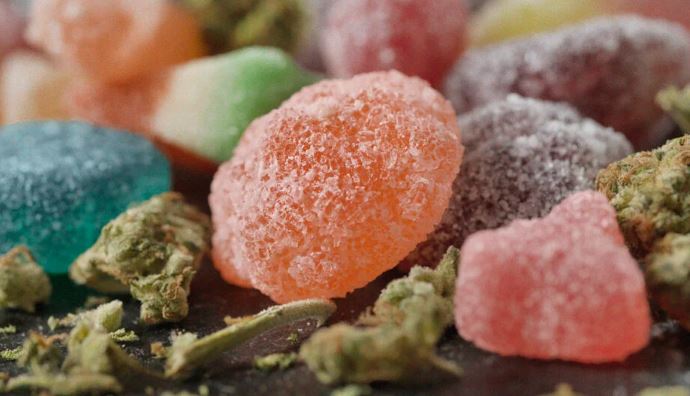
Short answer: not really.
There’s no magic cranberry juice, and your friend’s sauna sweat strategy is more wishful thinking than science. The only reliable method to clear your system is time.
That said, you can support the process by:
- Staying hydrated
- Eating well
- Getting regular exercise
- Avoiding further cannabis consumption
Yes, there are detox kits. No, they’re not all effective. Some can be flagged during testing or contain masking agents, which might raise even more suspicion.
What to Do If You’re Worried About a Drug Test
First, stop using THC products right away. Even a small delay can make a difference in detection.
Next, switch to CBD isolate or broad-spectrum products—assuming you’re looking for the benefits of cannabinoids without the risk.
Also:
- Read labels carefully
- Look for companies that publish full lab reports
- Avoid homemade edibles or anything with unclear ingredients
- If you’re in a legal cannabis state and using it for a medical condition, you might have protections—but check your employer’s policy. Legal doesn’t always mean acceptable at work.
FAQs
Will one weed gummy show up on a drug test?
It might. Even a single THC edible can leave traces in your system for several days.
Do Delta-8 or THCA gummies show up the same as Delta-9?
Often, yes. Many standard drug tests can’t distinguish between cannabinoid types—they all break down into similar metabolites.
Can secondhand smoke or touching edibles trigger a test?
Highly unlikely. Passive exposure doesn’t usually produce levels high enough for a positive drug test—but handling cannabis products and then taking a saliva test immediately after? That might do it.
How long should I wait after eating edibles before testing?
Play it safe: at least a week if you’re an occasional user. More if you use regularly.
Are there any tests that don’t detect edibles?
Not really. If a test is looking for THC, it doesn’t care how it got there. Whether it was a gummy, vape, or brownie—the THC metabolites are the same.
Final Thought
So yes—weed gummies can show up on drug tests. Whether it’s a workplace urine test, a court-ordered screening, or a surprise check, if the gummy contains THC, it can leave behind a trail.
If testing is on your radar, play it safe: know your product, read your labels, and maybe save that gummy for another time.
